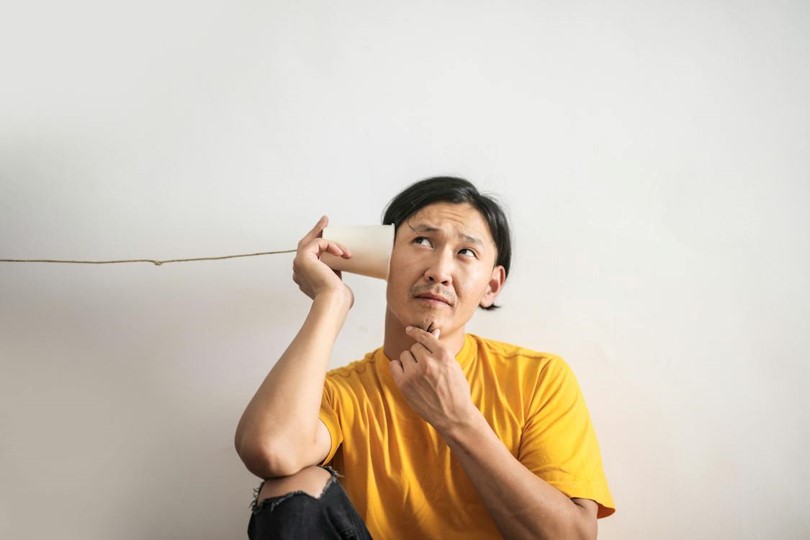3 Ways Your Physical Health Is Connected To Hearing Loss
Your overall well-being goes beyond your physical health only, as research also shows that your physical and auditory health are connected. It's vital to know the relationship between these two; with 6 in 10 adults living with a chronic illness, having such knowledge could prove beneficial. Understanding what these connections are can help you take more proactive steps toward your well-being. Therefore, here are three ways your physical health is connected to hearing loss.
1. Cardiovascular health and well-being
It's interesting to note that your heart and blood vessels are significant to auditory functions. Although they seem unrelated, studies reveal that there is a strong link. Take high blood pressure or hypertension, for example, where persistently high values can impede blood flow to the inner ears. When this happens, the ears are deprived of oxygen and other vital nutrients. The negative impact on circulation takes a toll on the cochlea and the delicate hair cells in there, leading to what is known in medical circles as sensorineural hearing loss. It can also cause dizziness or vertigo. This background is why many people with poor cardiovascular health are susceptible to sudden hearing loss. That explains why the audiologist will ask about any preexisting cardiovascular disease at your hearing evaluation appointment. Fortunately, you can manage your cardiovascular health by focusing on your cholesterol levels and doing all you can to maintain healthy values for your blood pressure.
2. Diabetes and auditory function
People living with diabetes often experience tinnitus, a condition characterized by ringing or buzzing sounds in the ears. It happens frequently when blood sugar rises above normal levels. High blood sugar causes damage to nerves and blood vessels in the body – and that includes the ears. Your ears have a rich source of nerves and blood vessels to help transmit sound signals to the brain. Once these are negatively impacted, your auditory health becomes compromised.
Diabetic neuropathy is a condition many physicians want to avoid in their patients as it affects the auditory nerve. Therefore, when you have diabetes, your concern should not only be about your high blood sugar levels. It's also best to educate yourself on tinnitus and diabetic neuropathy and how they can compromise your overall well-being. Check out insights on tinnitus management to educate yourself on what you can do when it happens.
3. Ototoxic medications and hearing loss
Certain medications can impact the auditory system and are classified as ototoxic. These are antibiotics, chemo drugs, diuretics, among others. Due to the potential to damage the delicate structures in your inner ear, physicians exercise a lot of caution before prescribing them. Usually, your doctor will weigh the risk of hearing loss and potential balance issues before recommending such drugs. The truth, however, is that impaired hearing can be a side effect of ototoxic medications. That is why you will be closely monitored if you must be on long-term use of such medicines. If your risk is higher, your healthcare professional may recommend safer alternatives.
839GYLCCC1992




Leave a Reply